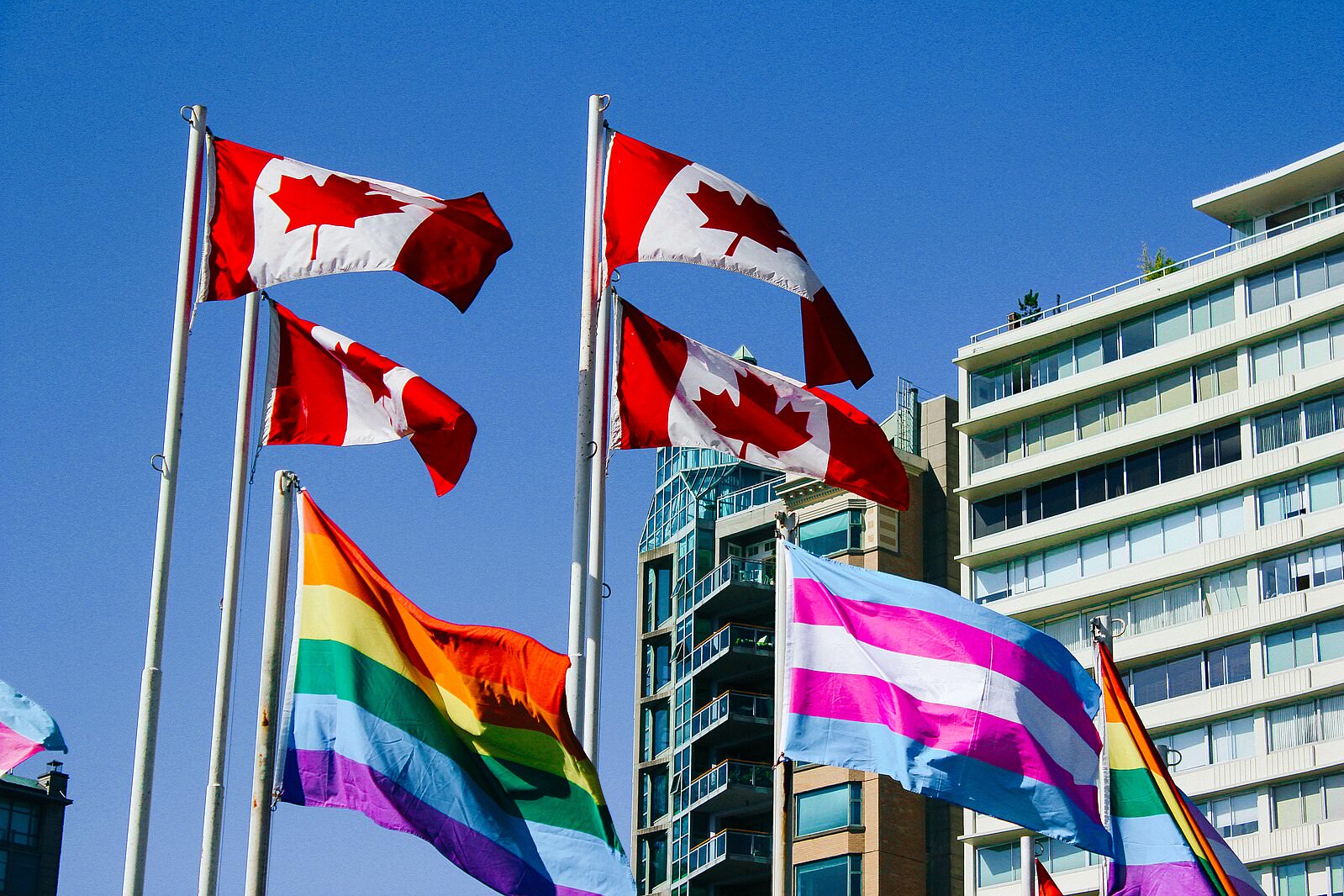World
Canadian travel advisory cautions about anti-LGBTQ laws in America
By Jake Beardslee · December 24, 2023
In brief…
- Health Canada email sparked re-evaluation of US travel advisory language
- Canada studied LGBTQ advisory wording used by UK, Australia
- New text approved after 71-day internal government process
- Change drew big reaction despite simple "check local laws" language

A recent report reveals the backstory behind Canada’s controversial August travel advisory warning citizens about potential risks traveling to the United States. The advisory, which sparked an international dialogue, was the result of a 71-day internal process within the Canadian government.
The catalyst was a June email from Canadian health officials expressing concern that pregnant Canadians traveling to US states banning abortion could be denied emergency care if complications occurred. Officials also noted worries from transgender Canadians about accessing care in states with anti-LGBTQ laws. This sparked discussion within Canada’s foreign ministry about updating their US travel guidance, according to Politico.
Internal emails show officials studied the stronger language used by UK and Australia in their US advisories regarding LGBTQ discrimination. Canada was aware it was an “outlier” among like-minded countries in lacking explicit language on LGBTQ issues. After debate over wording, the new guidance was approved by Foreign Minister Melanie Joly’s office in late August.
The final text simply advised Canadians to “check relevant state and local laws” regarding LGBTQ persons. While low-key, the change still prompted major international attention over perceived risks around US social policies. The report illustrates the Canadian government’s balancing act in addressing progressive concerns while avoiding directly attacking its closest ally.